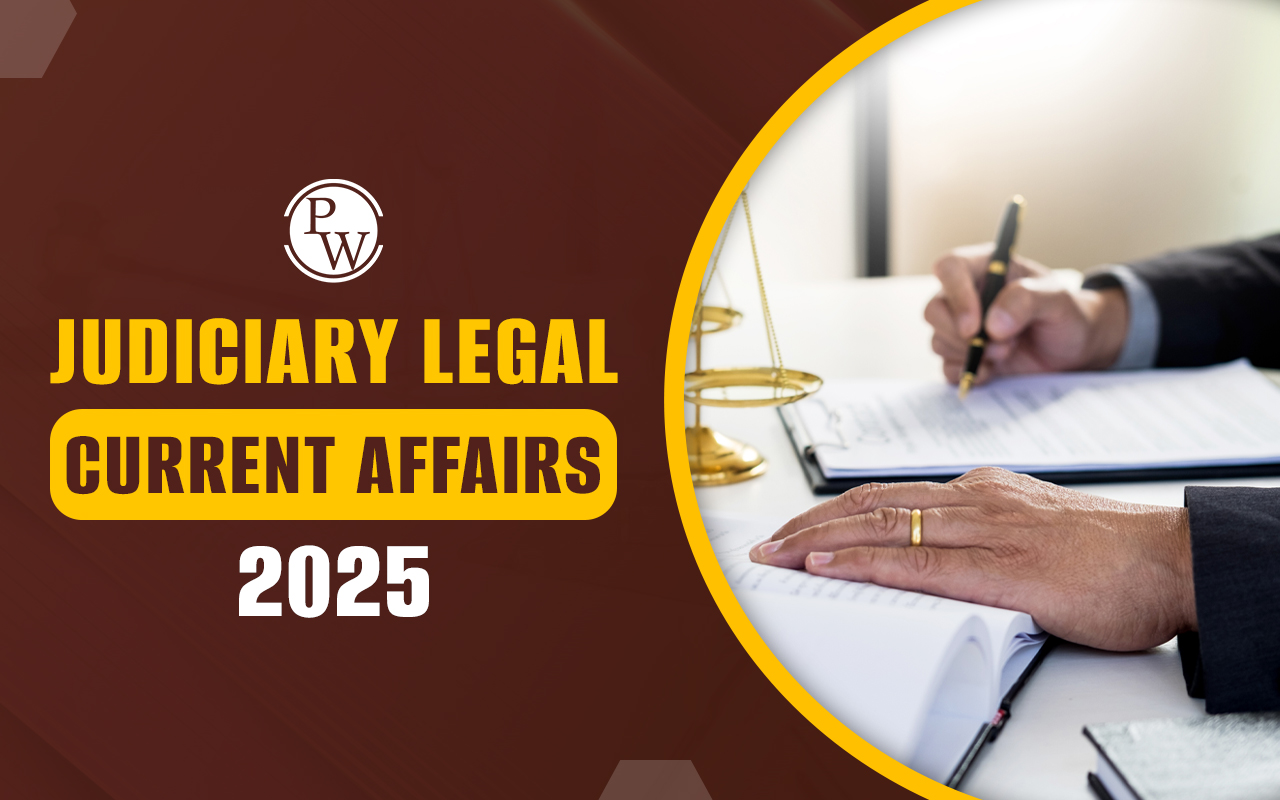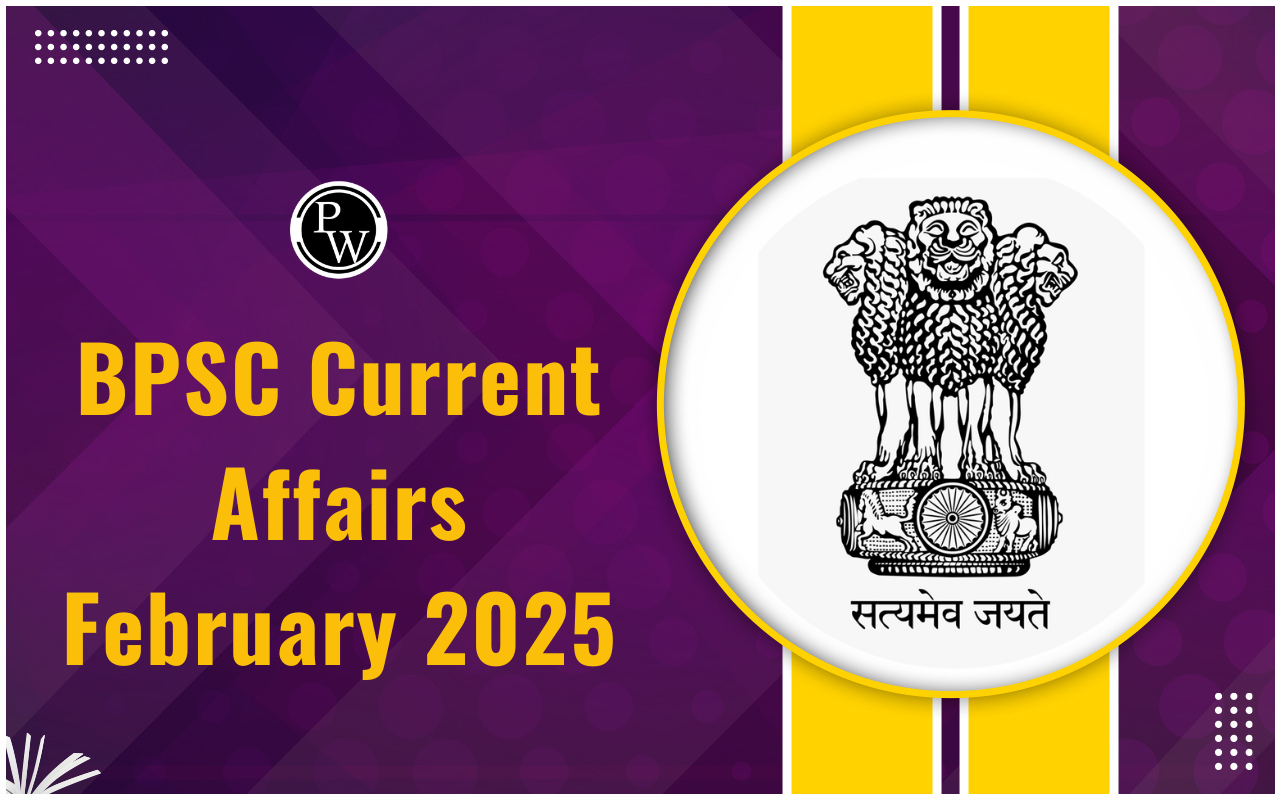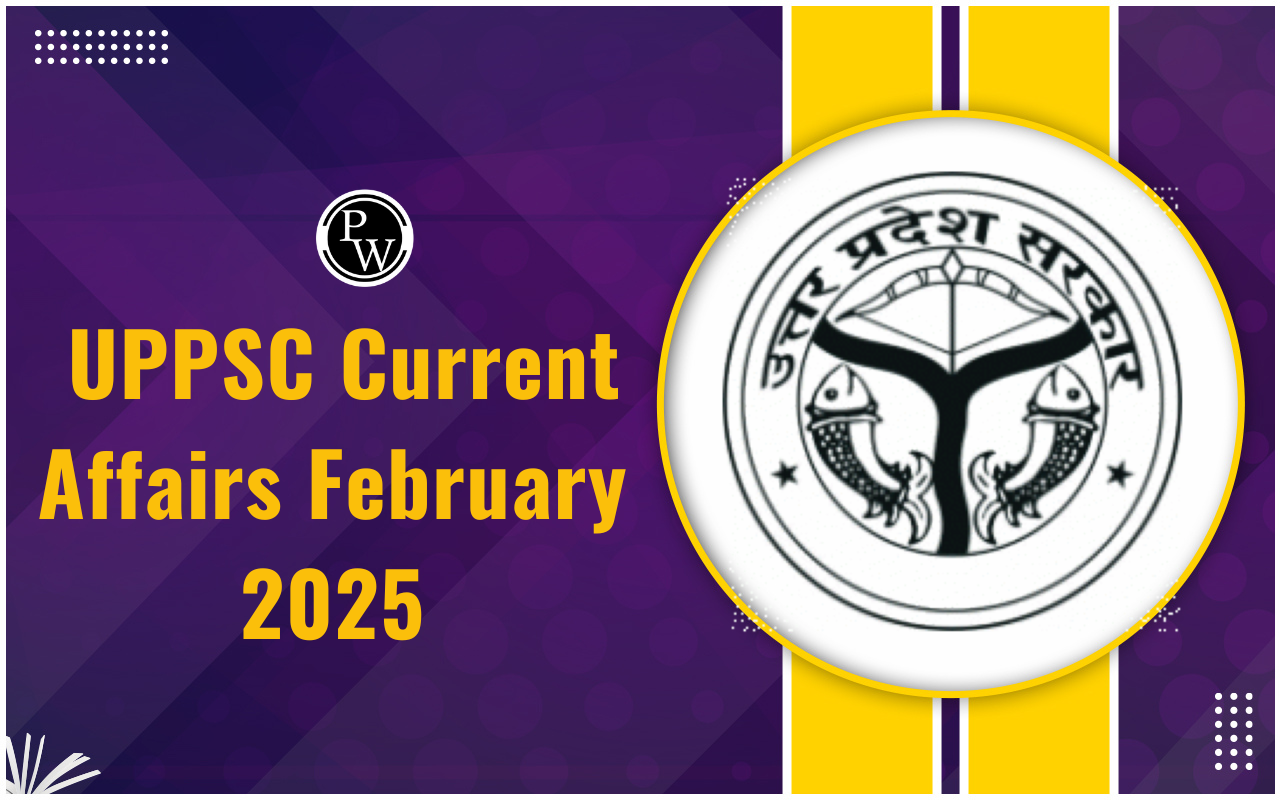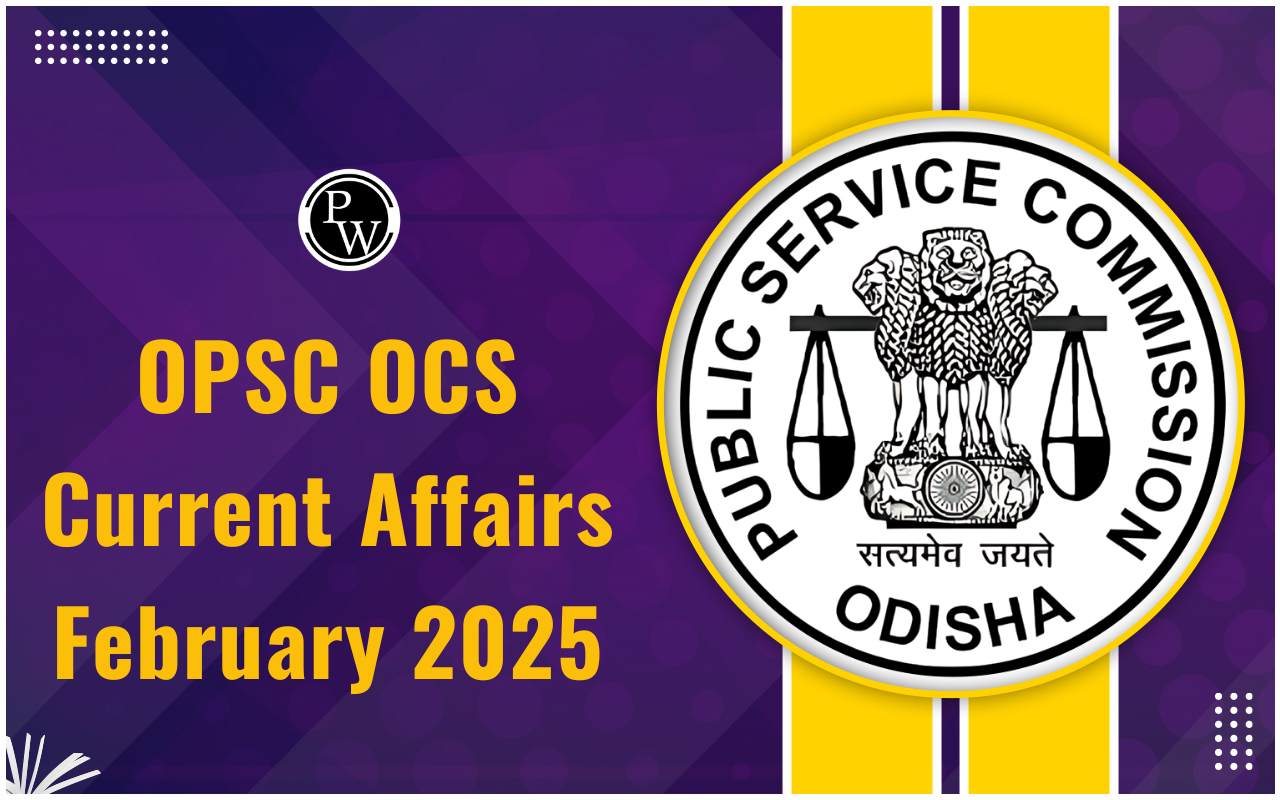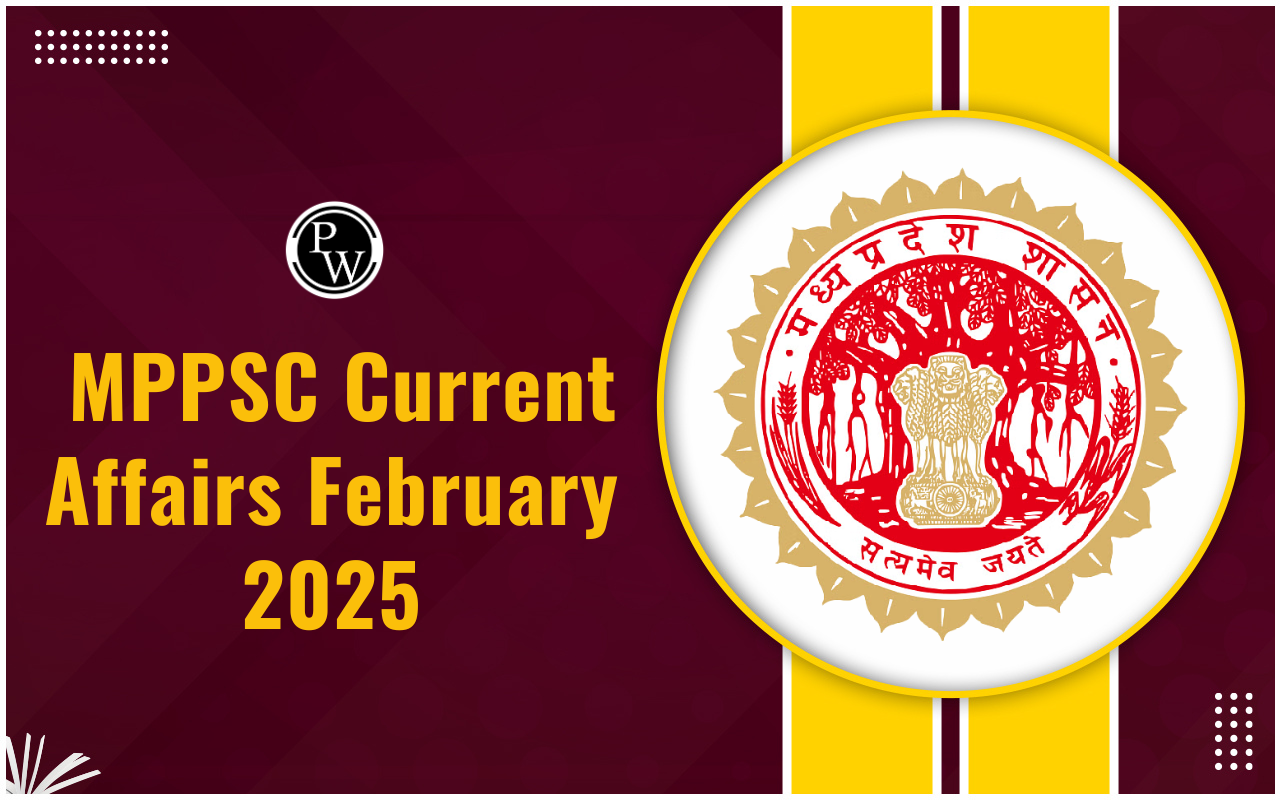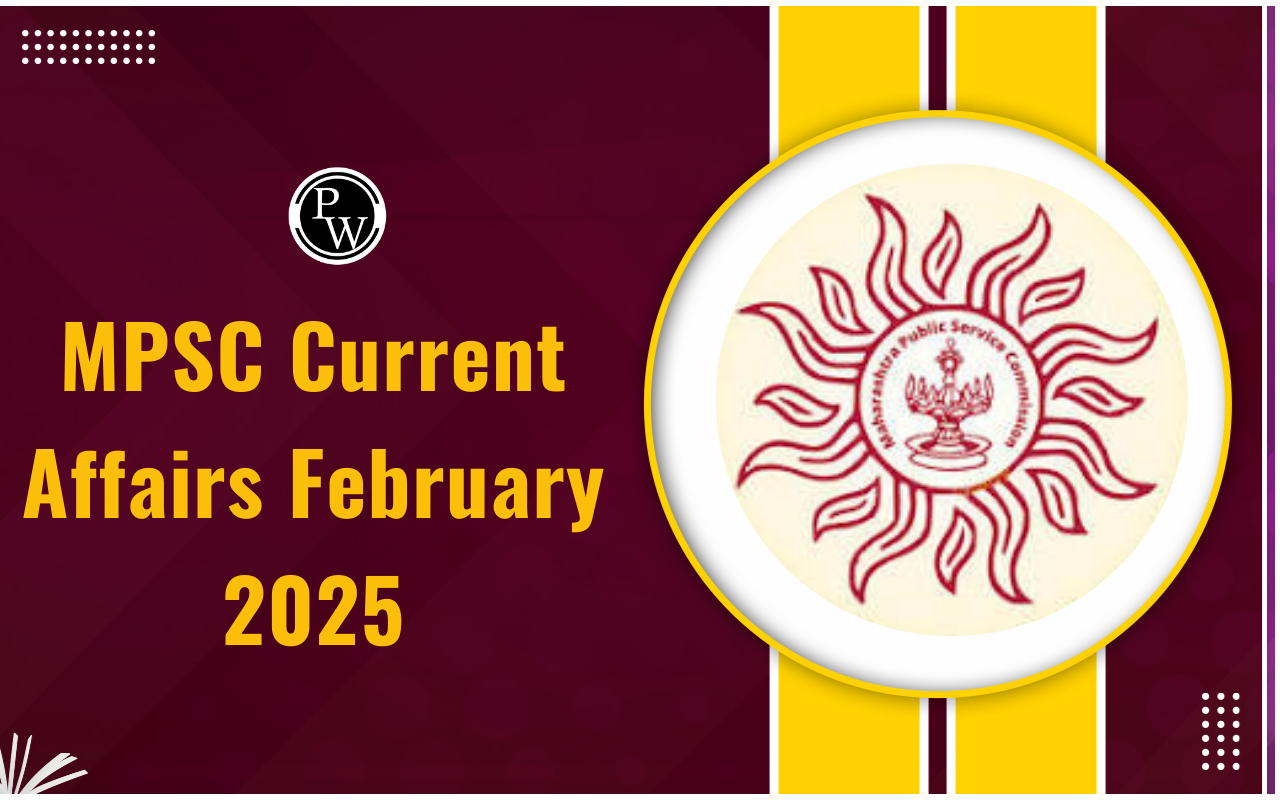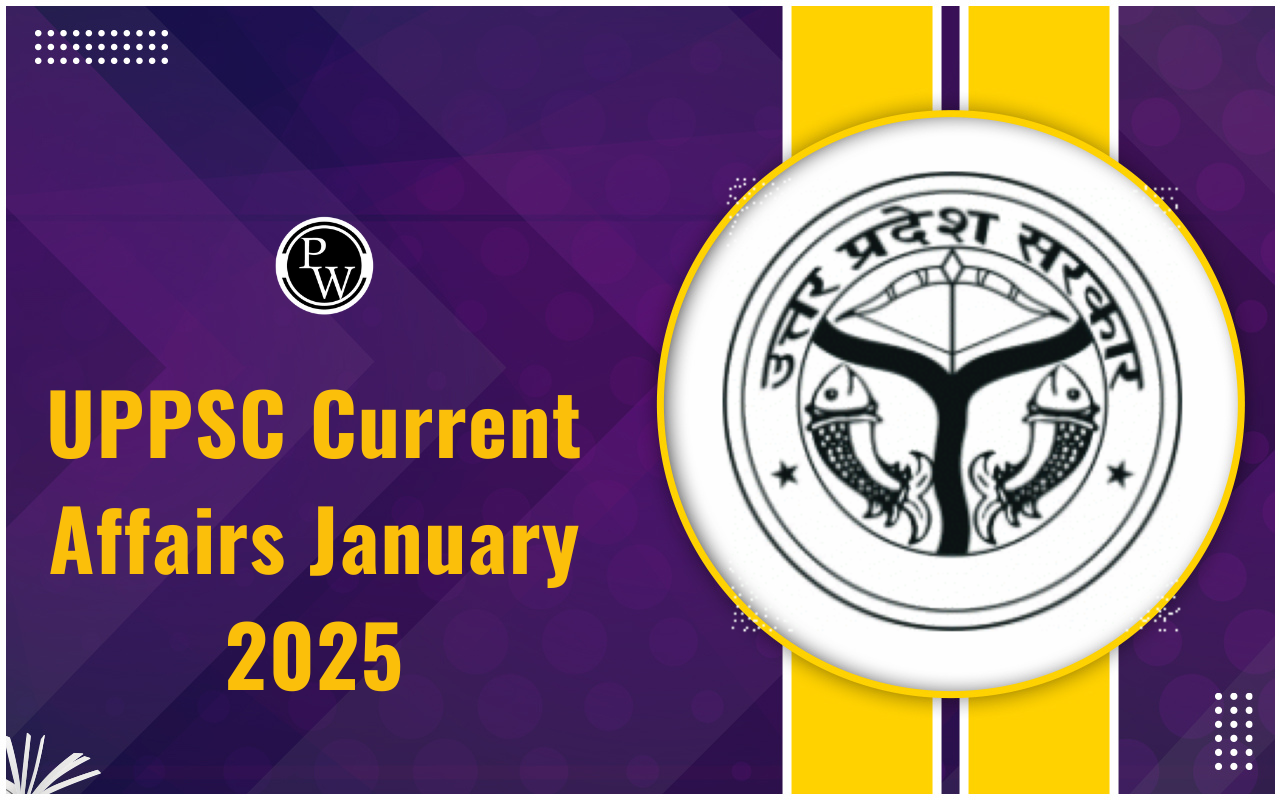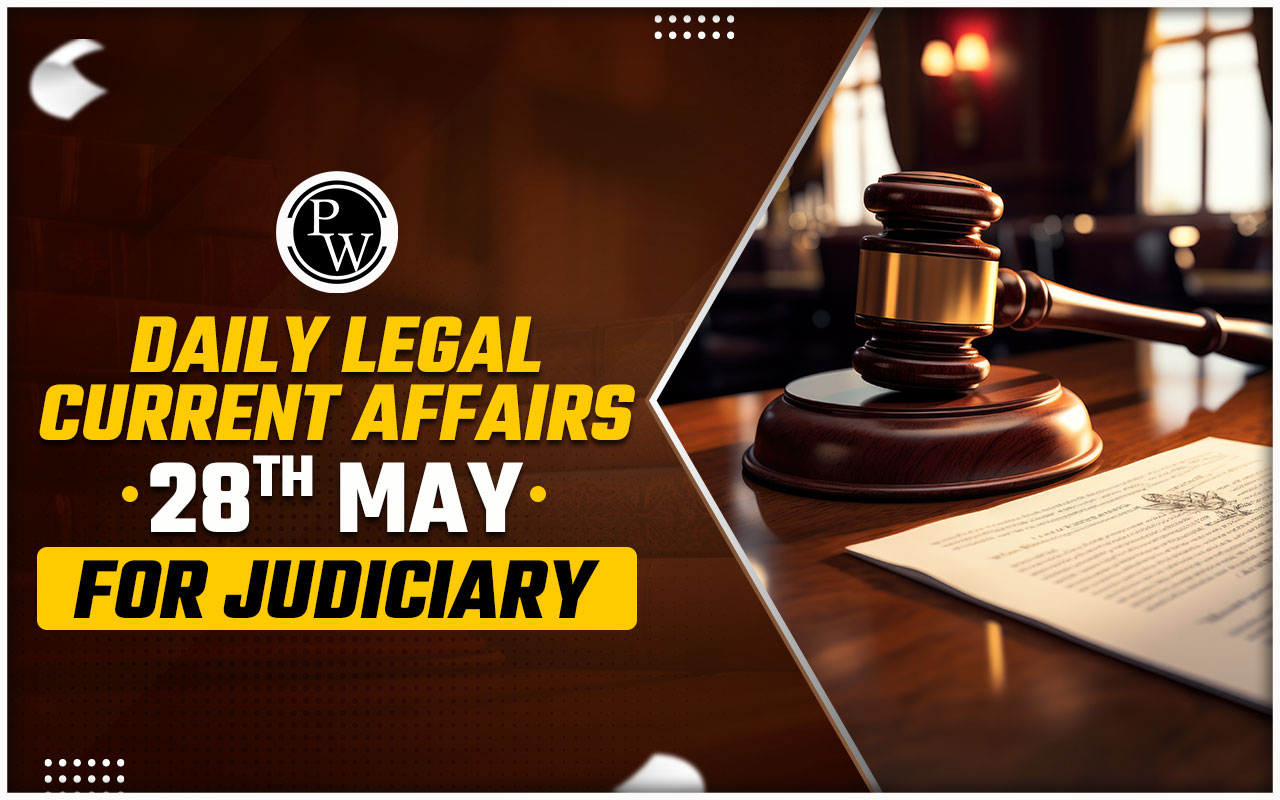
Shashanka J. Sreedhara v. B.Z. Zameer Ahmed Khan
-
- BENCH: Justice Surya Kant and K.V. Viswanathan
- FORUM: Supreme Court of India
- FACTS OF THE CASE
-
-
- Karnataka High Court ordered dismissing an election petition filed by a voter, Shashanka J Sreedhara, from Chamrajpet Assembly Constituency challenging the selection of the successful candidate B Z Zameer Ahmed Khan in the 2023 Elections conducted to the Karnataka State Legislature.
- It was contended that the guarantees in the manifesto amounted to corrupt practices and for that reason, it was prayed that the election of the Khan, who was a winning candidate from the Indian National Congress (INC), be set aside.
- It was contended that the manifesto of the INC party amounts to a policy matter, and it cannot be termed as a corrupt practice.
- The High Court held that a declaration by a party as to the policy that they intend to bring about cannot be considered a corrupt practice for the purpose of Section 123 of the Representation of Peoples Act.
-
- HIGH COURT’S OBSERVATION
-
-
- It was held that the five guarantees of the Indian National Congress have to be considered as social welfare policies. Whether they are financially viable or not is altogether a different aspect.
- It is for the other parties to show as to how implementation of the said schemes amounts to bankruptcy of the State Treasury and it can only lead to mal governance of the State.
- It is possible that they can be termed as wrong policies under the given facts and circumstances of the case, but cannot be termed as corrupt practices.
-
- SUPREME COURT’S OBSERVATION
-
- The Court refused to accept the argument that the commitments by a political party in its manifesto, which eventually leads to direct or indirect financial help to the public at large, will also amount to corrupt practice by a candidate of that party.
United India Insurance Co. Ltd. v. M/s Hyundai Engineering & Construction Co. Ltd. & Ors
- BENCH: Justices PS Narasimha and Aravind Kumar
- FORUM: Supreme Court of India
- FACTS OF THE CASE
-
-
- The National Highway Authority of India (NHAI) entered into a contract with a joint venture company ("JV") for the design, construction and maintenance of a cable-stayed bridge across Chambal River in Kota, Rajasthan.
- The appellant-insurance company issued an all-risk insurance policy, which covered the entire project amount.
- In 2009, while the project was in progress, a part of the bridge collapsed, resulting in the death of 48 workmen.
- NHAI informed the appellant about the incident, requesting deputation of a surveyor to assess the damage caused, and seeking indemnification of the loss.
- An Expert Committee was constituted by the Union government to investigate the cause of the collapse.
- Expert Committee submitted a report, noting inter-alia, the trigger for initiation of the collapse appears to have been unpredictable and sudden additional loading due to failure of supporting arrangement of the form traveler.
- NHAI, on the other hand, allowed the JV to complete the remaining work under the contract.
- In 2011, the appellant's surveyor submitted a report, assessing net loss @ Rs.39,09,92,828/-.
- It recommended rejection of the insurance claim on the ground that the JV violated the conditions of the insurance policy.
- The appellant repudiated the claim based on the reports, the JV requested reconsideration. It relied on some independent reports to urge that its design of the bridge was not faulty.
- On re-consideration, the appellant affirmed its earlier view. In the meantime, the JV completed the contracted work.
- The bridge was put to public use in 2017 and has been operating since then.
-
- SUPREME COURT’S OBSERVATION
-
- The Court expressed surprise at the NCDRC's addendum, which enhanced the amount payable from Rs.39,09,92,828/- to Rs. 151,59,94,542/- without hearing the parties. It was noted that the JV itself had restricted its case to Rs.39,09,92,828/-.
- The court analyzed the issue of exclusionary clauses in contracts, as the policy in the present case excluded cover in case there was damage due to faulty design, for cost of replacement, repair or rectification of defective material and/or workmanship, for cost of rectification/correction of any error during construction, etc.
-
Texco Marketing P. Ltd. v. TATA AIG General Insurance Company Ltd.
- The burden of proving applicability of an exclusionary clause is on the insurer.
- It must not be interpreted in a manner that conflicts with the main intention of the insurance.
- It is, therefore, the duty of the insurer to plead and lead cogent evidence to establish the application of such a clause.
- The evidence must unequivocally establish that the event sought to be excluded is specifically covered by the exclusionary clause.
- The appellant sufficiently discharged the burden on it, by relying on the reports of the Expert Committee and the surveyor.
- Even if the NHAI's decision to continue is taken to be a valid economic decision, that by itself cannot be a reason for not applying the applicable clause of the contract if such applicability is otherwise proved by cogent evidence.
- Insurance is a contract of indemnification, being a contract for a specific purpose, which is to cover defined losses. The courts have to read the insurance contract strictly. Essentially, the insurer cannot be asked to cover a loss that is not mentioned. Exclusion clauses in insurance contracts are interpreted strictly and against the insurer as they have the effect of completely exempting the insurer of its liabilities.
Rajesh Kumar v. Anand Kumar & Ors
-
- BENCH: Justices Pankaj Mithal and PK Mishra
- FORUM: Supreme Court of India
- FACTS OF THE CASE
-
-
- The plaintiff entered into an agreement with only one of the co-owners and thereafter sought extensions for the execution of the sale deed but did not prefer any suit though he was aware of the sale deed dated 14.05.1997 executed in favor of the third party and sent a legal notice on 30.05.1997.
- The plaintiff objected to the subsequent purchasers' application for mutation of their names in the revenue records on 20.08.1997 and refers to a meeting of the Gram Panchayat dated 06.12.1997, yet the suit was preferred, on 09.05.2000 on the last date of limitation.
-
- COURT’S OBSERVATION
-
-
- The limitation period for filing a suit for specific performance of a contract is three years, the Court held that every suit for specific performance of the contract filed within the period of limitation cannot be decreed.
- The three-year limitation period for filing the suit for specific performance of the contract wouldn't grant liberty to a plaintiff to file a suit at the last moment and obtain specific performance despite knowing about the breach of contract.
-
- Saradamani Kandappan v. S. Rajalakshmi & Ors.
-
-
- Every suit for specific performance need not be decreed merely because it is filed within the period of limitation by ignoring time limits stipulated in the agreement.
- The courts will also frown upon suits which are not filed immediately after the breach/refusal.
- The fact that the limitation is three years does not mean that a purchaser can wait for one or two years to file a suit and obtain specific performance.
- The appellant/plaintiff would not be entitled the discretionary relief of the specific performance of the suit due to his conduct for not preferring the suit within the reasonable time despite knowing the fact of the breach of the contract well before the filing of the suit.
-
Chitra Misra And 13 Others v. M/S Decathlon Sports India Private Ltd. Thru. Managing Director And Another
-
- BENCH: Justice Subhash Vidyarthi
- FORUM: Allahabad High Court
- FACTS OF THE CASE
-
-
- In 2017, M/s Rohtas Projects Limited had executed a lease deed in favour of M/s Decathlon Sports India Private Ltd for an area of 21,825 Square feet i.e. 2,028 square meters at Plot No. TC-G 4/4 in Rohtas Presidential Arcade situated in Vibhuti Khand, Gomti Nagar, Lucknow, for 20 years.
- Petitioners, private persons, claimed to have purchased portions of the land in question from M/s Rohtas Projects after the execution of its lease deed with Decathlon.
- Petitioners filed an application under Section 11 before the Allahabad High Court alleging that once Rohtas had made allotment in their favour, they sought transfer of property from Decathlon after clearing its dues.
- Since Decathlon did not clear its rental dues, a notice regarding termination of tenancy was sent to Decathlon by the petitioners.
- In the arbitral proceedings, Decathlon filed an application under Section 16(2) of the Arbitration Act seeking dismissal of arbitral proceedings for lack of jurisdiction.
- Prayer for stay on arbitral proceedings was made since moratorium had been imposed against Rohtas under Section 14 of the Insolvency and Bankruptcy Code, 2016 as by virtue of Section 238 of Code 2016, IBC had an overriding effect over the Arbitration Act.
- In its application under Section 16(2), Decathlon pleaded that there was no arbitration agreement between the private persons and Decathlon to enable them to invoke arbitration proceedings.
- It was pleaded that the arbitration agreement between Rohtas and Decathlon could not have been invoked without making Rohtas a party to the arbitration.
- Petitioners argued that application under Section 16(2) was to be dismissed as objections regarding moratorium had been dealt with by the High Court while appointing the arbitrator.
- It was argued that only questions regarding insolvency had to be dealt with by the NCLT, the issues between the petitioners and Decathlon regarding tenancy, possession and dues had to be dealt with by the arbitrator.
- The Sole Arbitrator allowed the application under Section 16(2) on grounds of the moratorium imposed by NCLT, holding that it cannot decide upon the rights and liabilities of the parties, and therefore, had no jurisdiction to arbitrate.
- This order was affirmed by the Commercial Court under Section 13(1A) of the Commercial Court Act, 2015 read with Section 37 of the Act of 1996.
- The Commercial Court held that even though the moratorium had ended, proceedings were still going on before NCLT where the lease in favour of Decathlon had already been cancelled and the rent due had been paid by Decathlon.
- Accordingly, no cause of action for the private persons survived.
- Petitioners challenged the order of the Sole Arbitrator and the order of the Commercial Court on grounds that arbitration proceedings had commenced 2 years after the imposition of moratorium, and the moratorium period had ended prior to passing of the order under Section 16(2).
- It was argued that in the application only a prayer for stay on arbitral proceedings was made till the period of moratorium was in effect, however, the Sole Arbitrator wrongfully terminated his mandate. Counsel for petitioners argued that by virtue of Section 109 of the Transfer of Property Act, petitioners had stepped into the shoes of the Rohtas as the property had been sold to them.
- Respondents submitted that no sale deed had been executed in favour of the petitioners and no physical possession of the property had been transferred to them.
-
- COURT’S OBSERVATION
-
- In the lease deed it was specifically recorded that sale deed for the plots of the petitioner had been executed at the time of execution of lease deed with Decathlon and that the sale of such property shall not disturb the peaceful possession of Decathlon.
- Section 109 of the Transfer of Property Act provides that in absence of any contract to the contrary, if lessor transfers the property, the transferee shall step into the shoes of the transferor/lessor and possess all such rights.
- There was a specific contract to the contrary between the lessor-Rohtas and lessee-Decathlon prohibiting transfer of any part of the leased property without prior permission of the lessee.
- Since the transfer of property to the petitioners, private persons, was made in violation of the lease deed executed between Rohtas and Decathlon, the petitioners had not stepped into the shoes of Rohtas to be able to invoke the arbitration agreement in the lease deed.
- Allahabad High Court upheld the termination of arbitral proceedings under Section 16(2) of the Arbitration and Conciliation Act, 1996 by the Sole Arbitrator on grounds that there was no arbitration agreement between the petitioners, private persons who claimed to be owners of part premises in question, and M/s Decathlon Sports India Private Ltd.
- Section 16 of the Arbitration and Conciliation Act, 1996 empowers the arbitral tribunal to rule on its jurisdiction and deal with issues regarding the existence of an arbitration agreement.
- Subsection (2) of Section 16 provides that an application contesting the jurisdiction of the arbitral tribunal shall be raised at any stage prior to filing a statement of defense.
- It further provides that participation in proceedings for appointment of arbitrator does not preclude a party from raising objections as to the jurisdiction of the arbitrator or the arbitral tribunal.
- Jurisdiction of the High Court under Article 227 of the Constitution of India is supervisory jurisdiction which should be exercised to prevent injustice being caused to a party but where the order under challenge in the petition under Article 227 of the Constitution of India does not cause any injustice to any of the parties, this Court will not exercise its discretion in such a case.
- Accordingly, the petition challenging the order terminating arbitration proceedings and the subsequent order of the Commercial Court was dismissed.
Bharatiya Rashtriya Rajmarg Pradhikaran v. Neeraj Sharma And Others
-
- BENCH: Justice Shekhar B. Saraf
- FORUM: Allahabad High Court
- FACTS OF THE CASE
-
-
- Section 3A of the National Highways Act 1956 empowers the Central Government to notify a land for acquisition for building, maintenance, management or operation of a national highway or part thereof.
- Section 3B provides for survey of such property which is intended to be acquired.
- Section 3C provides any person interested in such land an opportunity of hearing within 21 days from the date of notification under Section 3A.
- Section 3D of the NHAI Act provides for declaration of acquisition of the land notified under Section 3A.
- Section 3G empowers the Competent Authority under the Act to determine the compensation for the land being acquired under Section 3D.
- Section 3G(5) provides a remedy of arbitration to anyone who is not satisfied with the compensation awarded by the Competent Authority.
- Section 3A notification was issued by the Central Government which was followed by a declaration under Section 3D of the NHAI Act. Thereafter, the Competent Authority under Section 3G of the NHAI Act passed an award determining the compensation.
- Respondents, private persons, filed a petition under Section 3G(5) of the NHAI Act before the Additional Commissioner (Administration), Agra Division, Agra who acted as an Arbitrator.
- The Arbitrator remanded the matter back to the Competent Authority for re-determining the compensation.
- Against the remand award, NHAI filed an application under Section 34 of the Arbitration Act before the District Court which was rejected.
- NHAI approached the High Court under Section 37 of the Arbitration Act.
-
- NHAI’s Contention
-
-
-
- Arbitrator could not have remitted the matter to the Competent Authority as it was empowered to determine the amount of compensation under Section 3G(5) of the NHAI Act.
- The arbitrator had not signed the arbitral award which was mandatory under Section 31(5) of the Arbitration Act.
- There was patent illegality in the order of the District Judge in dismissing the application under Section 34 as time barred.
-
-
- Respondent’s Contention
-
-
-
- NHAI was aware of the arbitral award; it cannot claim to have no knowledge of the award to escape the limitation for filing an application under Section 34 of the Arbitration Act.
-
-
- HIGH COURT’S RULING
-
-
- Allahabad High Court has held that the requirement of signed copy of award being delivered to parties under Section 31(5) of the Arbitration and Conciliation Act 1996 is not to be construed narrowly.
- The Court held that once the party seeking extension of limitation by applying Section 31(5) of the Act is aware of the contents of the alleged unsigned award, the limitation cannot be extended.
- Section 31(5) of Act of 1996 provides that after passing of an arbitral award, its signed copy must be delivered to each party.
- The legislative intent behind Section 31(5) of the Arbitration Act is to ensure that parties are adequately informed about the award to take necessary legal actions within prescribed timelines.
- Therefore, an interpretation that considers the party's actual awareness and actions, even if a signed copy was not formally received, aligns better with the legislative intent and the principles of justice and equity.
- The Court relied on Union of India v. Tecco Trichy Engineers case , where the Supreme Court held that delivery of arbitral award is not a formality and as several limitations under the Arbitration Act start from the date of receipt of the award.
- Section 31(5) of the Arbitration Act acts as the final whistle, signalling the end of the match and the declaration of the winner.
- For the prevailing party, the delivery of the award marks the culmination of their efforts and provides them with a means of enforcing their rights against the losing party.
-
- Rahul v. Akola Janta Commercial Cooperative Bank Ltd.
-
-
- Bombay High Court had held that Section 31(5) cannot be narrowly construed by taking the literal meaning of the words contained therein. It was held that once a certified copy of the award has been delivered to the party and the contents of the award are known to the party, the period of limitation will start.
- The party cannot be permitted to raise the plea of unsigned arbitral award after the expiry of limitation period.
- The literal interpretation of Section 31(5) of the Act will lead to unjust outcomes and will defeat the purpose of arbitration as a speedy dispute resolution mechanism.
- NHAI was fully aware of the arbitral award and its contents as it had asked the Special Land Acquisition officer to calculate the compensation amount and publish a supplementary award which was acted upon by the appellant.
- The Court held that in such circumstances, the appellant could not be allowed to escape the limitation by claiming noncompliance of procedural technicality.
-
Union of India v. Bhola Prasad Agrawal
- The High Court of Chhattisgarh held that once the party is aware of the contents of the arbitral award, it cannot claim that a signed copy of the award was not received by it as per Section 31(5).
- Engagement with the contents of the award signifies its awareness for the purpose of starting the limitation period under the Arbitration Act.
- The Court applied the doctrine of estoppel to state that once the party has acted upon the award, it is estopped from taking advantage of its delays by claiming procedural irregularities.
- Court held that there was no patent illegality in the order passed by the District Judge rejecting the application under Section 34 of the Arbitration Act on grounds of delay.
-
Judiciary Exam Current Affairs FAQs
How many months of current affairs is required for a Judiciary Exam?
The candidates are recommended to prepare for at least a year before appearing in the Judiciary examination.
Where can I study current affairs for the Judiciary?
The candidates can study and get the daily current affairs for Judiciary from the official page of Physic Wallah.
How can I prepare for Judiciary current affairs?
The candidates can prepare for the Judiciary current affairs by reading newspapers daily and exploring the online material available.
Talk to a counsellorHave doubts? Our support team will be happy to assist you!

Check out these Related Articles
Free Learning Resources
PW Books
Notes (Class 10-12)
PW Study Materials
Notes (Class 6-9)
Ncert Solutions
Govt Exams
Class 6th to 12th Online Courses
Govt Job Exams Courses
UPSC Coaching
Defence Exam Coaching
Gate Exam Coaching
Other Exams
Know about Physics Wallah
Physics Wallah is an Indian edtech platform that provides accessible & comprehensive learning experiences to students from Class 6th to postgraduate level. We also provide extensive NCERT solutions, sample paper, NEET, JEE Mains, BITSAT previous year papers & more such resources to students. Physics Wallah also caters to over 3.5 million registered students and over 78 lakh+ Youtube subscribers with 4.8 rating on its app.
We Stand Out because
We provide students with intensive courses with India’s qualified & experienced faculties & mentors. PW strives to make the learning experience comprehensive and accessible for students of all sections of society. We believe in empowering every single student who couldn't dream of a good career in engineering and medical field earlier.
Our Key Focus Areas
Physics Wallah's main focus is to make the learning experience as economical as possible for all students. With our affordable courses like Lakshya, Udaan and Arjuna and many others, we have been able to provide a platform for lakhs of aspirants. From providing Chemistry, Maths, Physics formula to giving e-books of eminent authors like RD Sharma, RS Aggarwal and Lakhmir Singh, PW focuses on every single student's need for preparation.
What Makes Us Different
Physics Wallah strives to develop a comprehensive pedagogical structure for students, where they get a state-of-the-art learning experience with study material and resources. Apart from catering students preparing for JEE Mains and NEET, PW also provides study material for each state board like Uttar Pradesh, Bihar, and others
Copyright © 2025 Physicswallah Limited All rights reserved.
